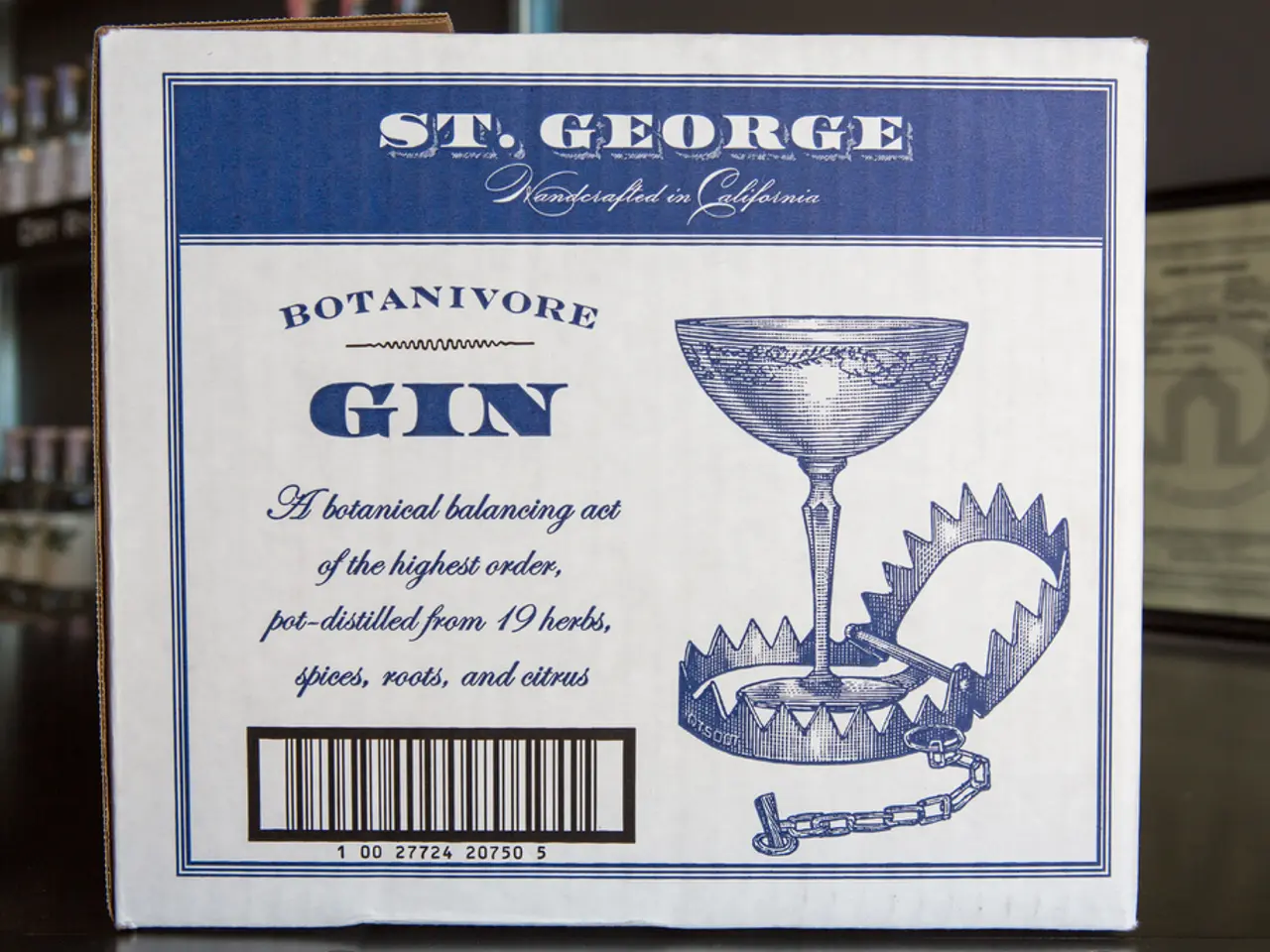The Evolution of Kombucha: Tracing Its Roots and Current Status
Kombucha, the popular fermented tea beverage, has a rich and intriguing history that spans thousands of years. While its exact origin is not definitively known, it is most likely that kombucha appeared spontaneously around 2,000 years ago in Northeast China during the Qin dynasty.
The first signs of sugar cultivation, essential for kombucha production, can be traced back 6,000 years in South-East Asia. The first tea consumption, another crucial ingredient, goes back 5,000 years in south-eastern China. Microorganisms, the key players in the kombucha fermentation process, have been present on Earth for several billion years.
Kombucha's journey began as a traditional home-brewed drink in Asia and Eastern Europe. It was initially consumed for its purported healing properties. The fermented tea spread along trade routes such as the Silk Road, reaching Japan by around the 9th century (800 AD) and becoming established there by the 13th century. It also spread to Russia and parts of Eastern Europe, where it became widely brewed, especially in rural Russia.
Historically, kombucha remained a niche beverage until the late 20th century. In the United States, it gained popularity during the HIV/AIDS epidemic in the late 1980s and early 1990s as a health-supportive beverage. However, concerns arose after a 1995 CDC report linked it to rare but severe adverse events. Interest in kombucha surged again in the early 21st century due to growing awareness of probiotics and fermented foods, resulting in commercial production and widespread home-brewing.
Today, kombucha flavours are no longer just plain and acidic. They come in various flavours, boozy, sugar-free, local, and more. Kombucha is low in sugar, caffeine, and alcohol, making it an alternative to alcohol, coffee, and soft drinks. It is now produced and consumed worldwide, with commercial kombucha companies popping up all around the world by the early 2000s. Kombucha can now be found on every continent.
The kombucha scoby, a symbiotic culture of bacteria and yeast, is essential for the fermentation process. A kombucha scoby can be created from existing kombucha. Many people have taken to making kombucha at home to always have some on hand.
Several studies have documented the health benefits of kombucha, similar to other fermented foods, it contains good probiotic bacteria and supports the digestive system. Kombucha was consumed by a large part of the Russian population as a health tonic and was called "Чайный гриб" or "грибок". German professor G. Lindau published an article on the consumption of kombucha in Russia in 1913, focusing on its health benefits. Rudolf Sklenar, a German doctor, discovered kombucha in Russia and published the results of his research in 1964.
There are several legends and myths about the origin of kombucha, one suggesting that the first kombucha may have been born from a cup of sweet tea left on a windowsill. Some believe that kombucha was not created by humans; it is a natural phenomenon.
By the late 1960s, kombucha had spread across Europe and the United States, particularly in the alternative and hippie communities. Books on kombucha started to be published, further popularising the drink. The first commercial kombucha company, GT kombucha, was founded in the United States in 1995. As of 2019, the global kombucha market size was 1.84 billion USD.
Despite its ancient origins, kombucha continues to be a popular beverage today, enjoyed for its unique taste and potential health benefits.
- In the realm of health-and-wellness and food-and-drink, kombucha's popularity stems from its origins as a traditional Asian home-brewed drink, believed to have healing properties.
- As a byproduct of sugar cultivation dating back 6,000 years and the first tea consumption 5,000 years ago in Asia, kombucha's history intertwines with science, as microorganisms – present on Earth for several billion years – are the key players in its fermentation process.
- In the modern lifestyle, kombucha has evolved from a niche beverage to a widely produced and consumed drink, reflecting the growing interest in fitness-and-exercise, food-and-drink, and medical-conditions as people seek out beneficial probiotics and health-supportive alternatives like kombucha.




